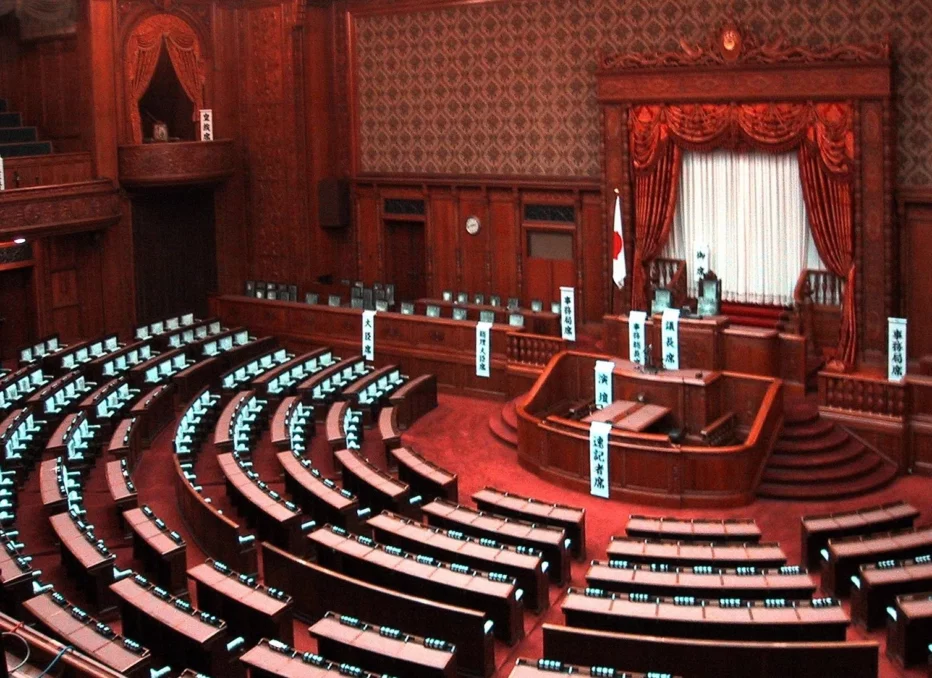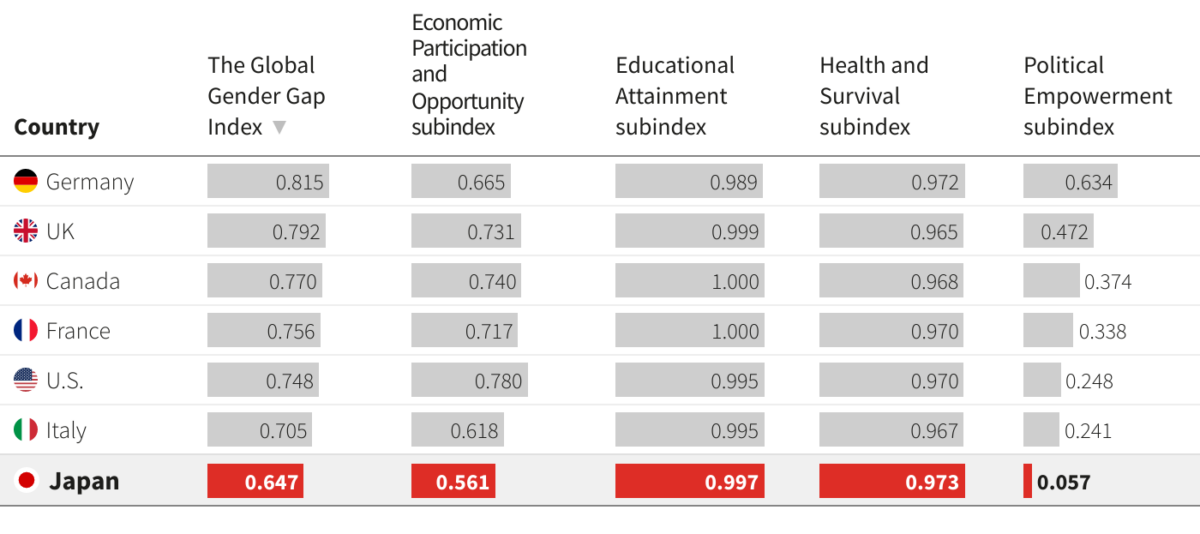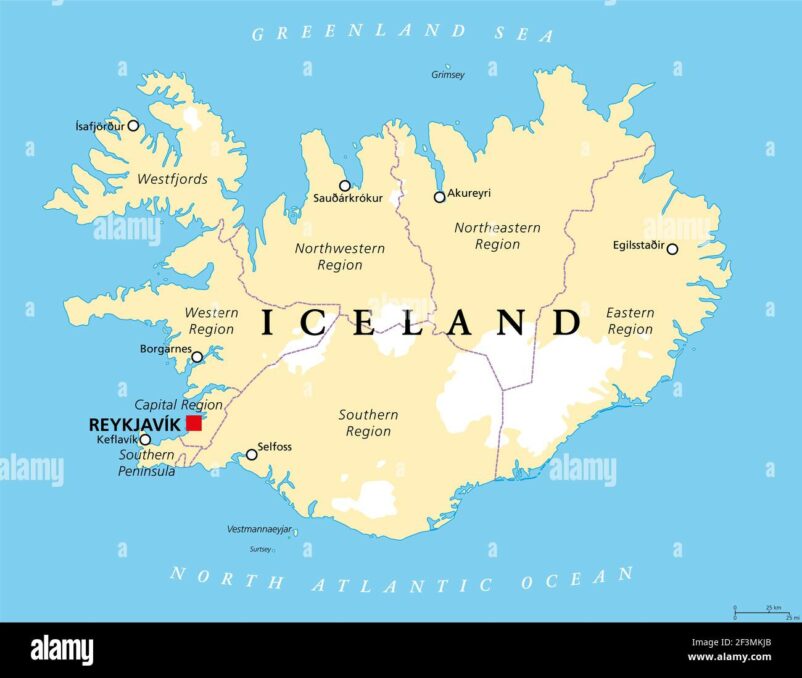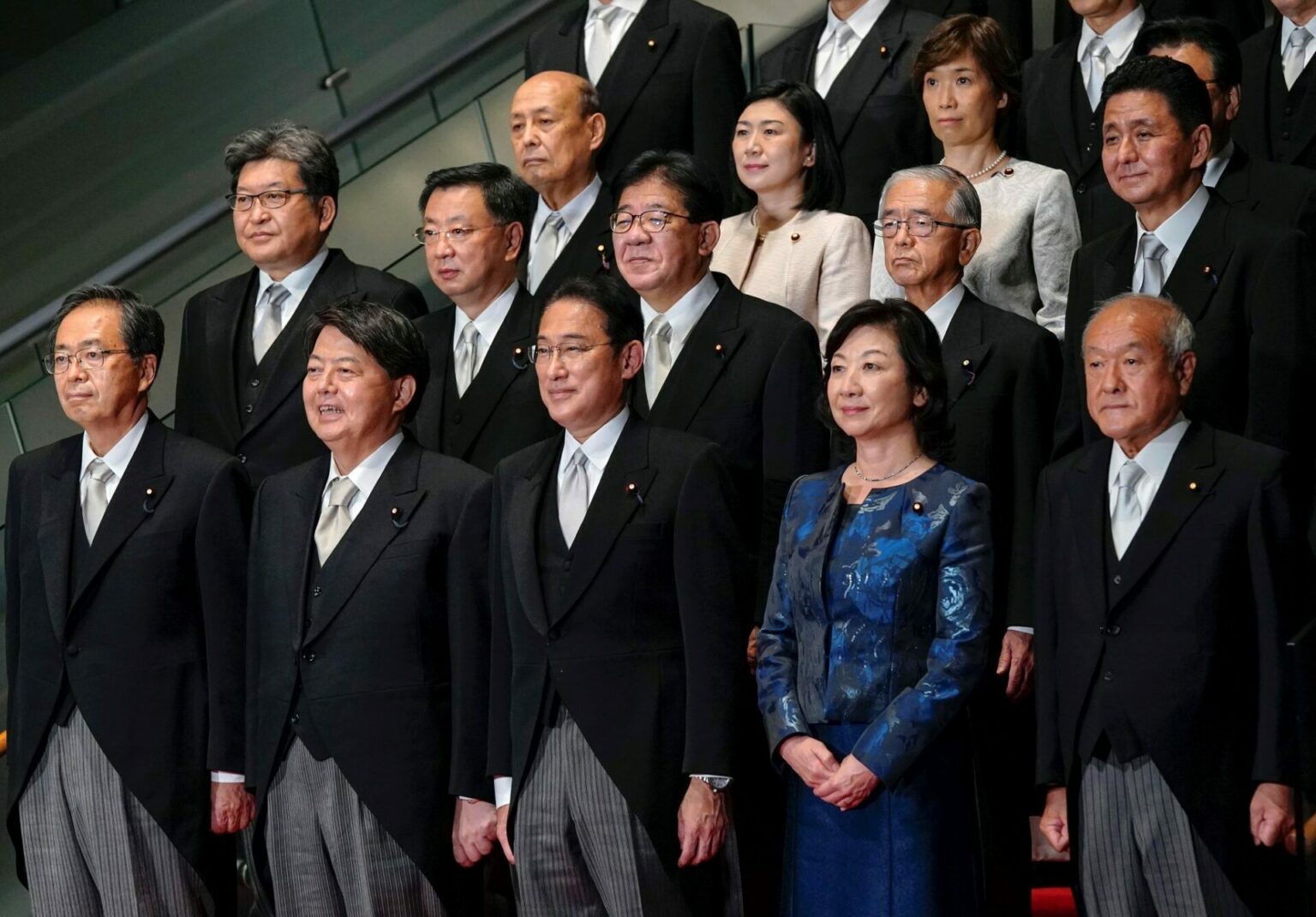The Global Gender Gap Report 2024 published by the World Economic Forum ranked 146 countries across the world for gender parity and it was observed that Japan falls at 125th world rank among the countries.
Along with Fiji, Myanmar and Timor Leste, Japan is at the bottom of the gender parity ranking in the East-Asian and Pacific regions.
Looking at the annual report, the Chief Cabinet Secretary- Hirokazu Matsuno, expressed the government’s desire to aggressively push for women’s participation in all fields of the country and reduce the current gender gap.

Image source: Tokyo Review
The Global Gender Gap report examines gender parity in four key areas- Economic, Participation & opportunities, Educational attainment & Health and survival, and Political Empowerment.
It was seen that, including Japan, the majority of the other countries also have the lowest progression in Political empowerment. The gap between men’s and women’s involvement in the fields of politics remains at the lowest of the four key areas.
Prime Minister Fumio Kishida’s cabinet ministers are made up of 19 officials, out of which only 2 are women. In 2021, the Liberal Democratic Party (LDP) allowed women (5) to attend key political meetings to promote gender equality but faced severe criticism when the fact that these women were allowed to attend the meeting but required to remain quiet and only present their opinions in written form later, was exposed.
The party’s secretary general, Toshihiro Nikai made comments such as “Talkative women” tend to “Drag on” meetings. Gender parity can be seen even more in the lower house parliament where only 9.9% of MPs are women
The country fell again by 9 ranks as compared to last year (2022) from 116th to 125th.
Japan’s Gender Parity Ranks
According to the Gender parity report 2024, Japan’s gender parity rank in the four main Key areas are accordingly-
Economic Participation– Japan is at 123rd rank, with a score of 0.561, (highest being 1) the lowest among the East and Pacific region countries

Image source: Reuters
The Health and Education attainment parity on the other hand stands at a rate of 0.973 and 0.997 and thus takes a higher rank
Japan gets the lowest rank in the Political Empowerment area and goes as low as 138th rank globally with a score of 0.057, falling behind China, Saudi Arabia, Korea and Turkey.
Steps Taken by Japan to Counter Gender Parity
To show their determination in changing the ongoing scenario, Prime Minister Kishida aims to increase women’s participation in top companies. He plans for the executive positions of the top companies to be made up of 30% women by the end of the decade. The previous year’s women’s participation rests at only 2.2% though.
The current ruling LDP (Liberal Democratic Party) has also drafted policies to increase women’s participation as lawmakers to 30%. Several voters and activists have expressed their views to support women’s empowerment in the field of politics.
Overseas Investors are also seen pressuring Japanese companies to diversify their boards of members that are dominated by older men. The world’s largest sovereign wealth fund- Norges Bank Investment Management stated that they will not support any Japanese company devoid of female board members.
With women making up more than 40% of Japan’s population, they must get equal opportunities to represent women and make laws that are also beneficial to the females of the country.
Top Results in Gender Parity Gap Report
No country has yet achieved 100% Gender parity till the latest 2024 year report. The top 9 countries have closed 80% of their gender parity.
These countries include- Iceland, Norway, Finland, New Zealand, Sweden, Germany, Nicaragua, Namibia and Lithuania.

Image source: Alamy
Iceland continues to be the only country to cover gender parity above 90%. In the year 2024, it stands at 91.2%, making it the 14th consecutive year to be at the top of the gender parity gap report.













